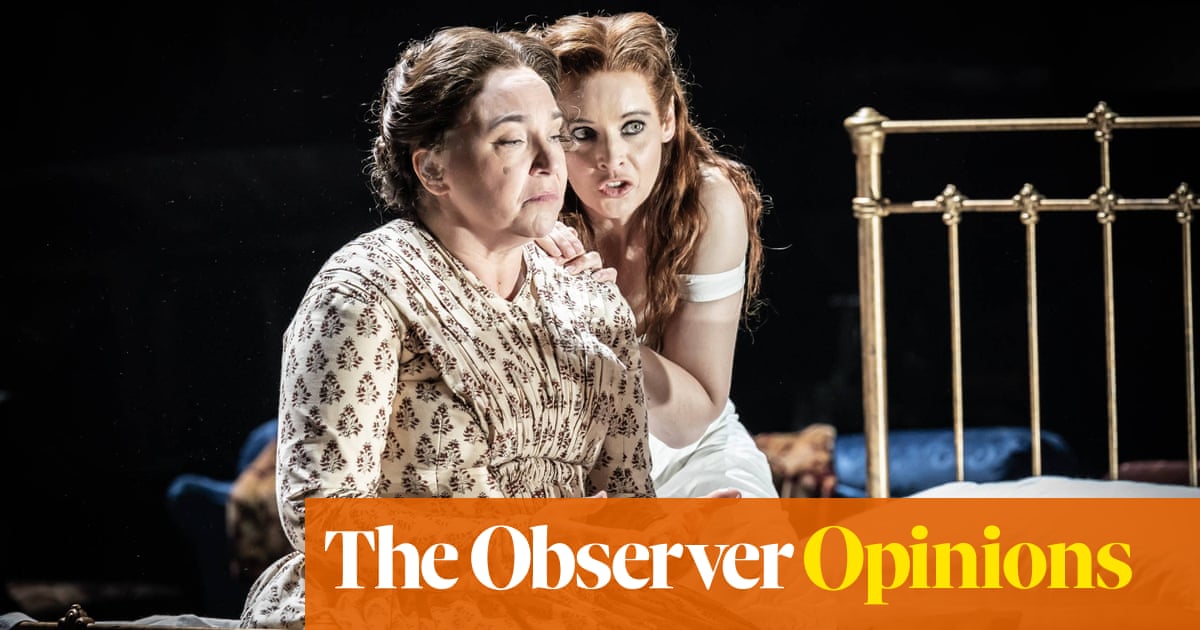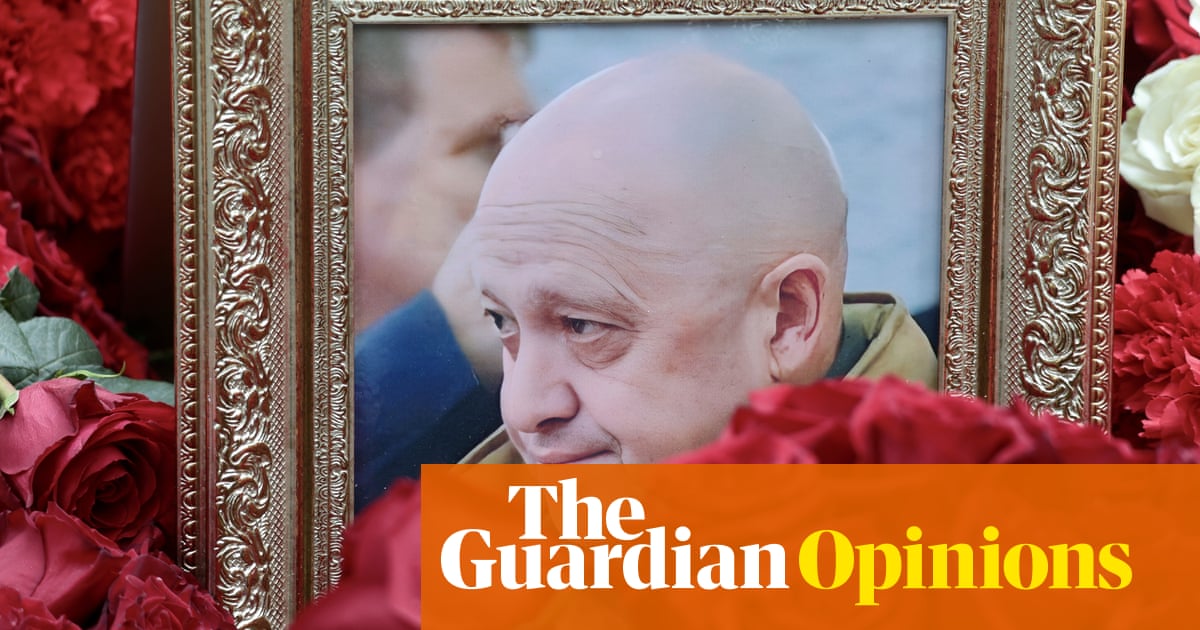
On 4 September 1939, the day after Britain had declared war on Germany, the BBC Proms opened with extracts from Richard Wagner’s works including The Mastersingers of Nuremberg, Götterdämmerung, Tristan and Isolde, Tannhäuser and Die Walküre. Later concerts that year included works by Bach, Beethoven, Brahms, Mendelssohn, Strauss and a lot of Wagner. The BBC may have been an instrument of Britain’s war effort but few of even the most patriotic Britons thought it immoral to play the works of the great German classical composers.
The following year, the BBC Symphony Orchestra, which had relocated to Bristol, opened its 1940 concert series with a performance in which the entire second half was given over to Wagner. In response to a letter of complaint, Ralph Hill, the Bristol Evening Post’s music critic, dismissed “the fantastic myth that the music of Wagner cannot or should not be appreciated by civilised people at war with Germany”.
Today, there seems far less tolerance of that sentiment that, even in conflict, it is possible to appreciate the culture of an enemy country as one strand in a more universal civilisation. Even to portray an “enemy” landscape seems to many to be morally abhorrent.
Last week, the novelist Elizabeth Gilbert paused publication of her forthcoming work The Snow Forest. Based on a true story, it tells of a family of religious Russian fundamentalists who in the 1930s retreated from Stalin’s terror, isolating themselves in a remote part of Siberia for almost half a century. In an Instagram post, Gilbert acknowledged that she had received an “outpouring of reaction and responses” from Ukrainian readers “expressing anger, sorrow, disappointment and pain” that she had set a novel in Russia. In response, she suspended publication so as not “to add any harm” to people already experiencing “grievous and extreme harm”.
Few have read even a draft of The Snow Forest. It seems obvious, though, that it is neither a propaganda piece nor a celebration of Russian nationalism, let alone of Vladimir Putin. It is, if anything, a laceration of Soviet tyranny and of modernity.
Such considerations have, however, become almost irrelevant when discussing the moral worth of a work of art. What often drives self-censorship today is, rather, a sense of moral obligation not to upset one’s audience, a sensibility that Gilbert expressed so fulsomely in her Instagram video.
From Kosoko Jackson (himself a “sensitivity reader”, and so highly attuned to the etiquettes about identity and offence within publishing) withdrawing his debut novel, A Place for Wolves, after online criticism that his Kosovo-based gay love story was too “centred” on Americans and trivialised genocide, to Alexandra Duncan cancelling her novel Ember Days after another author, who had not read the manuscript, denounced the idea of a white woman writing about a character from the Gullah Geechee, a southern African American culture, publishing today often seems to be shaped as much by social media commentators as by authors or publishers.
It is a development that novelist Hanif Kureishi fears is reshaping the very character of art. “Art should not be safe or complacent,” he wrote; “it should frighten, alarm and make us want to throw the book across the room”. Increasingly, though, there has developed “an atmosphere of fear and inhibition where writers are afraid of expressing their true selves for fear of offending someone or other”. What, Kureishi wondered, would today’s sensitivity readers have made of his own early novels and “what butchery would have gone on”.
If Gilbert’s decision to cancel herself reveals something of the new landscape of literary restraint, the broader debate over the Ukraine war and cultural boycotts draws also upon older themes of culture, nation and state.
Last year, Ukraine’s culture minister Oleksandr Tkachenko called for a cultural ban on all things Russian, because the war was “a civilisational battle over culture and history”. An open letter from Ukrainian cultural organisations demanded “a total boycott of books from Russia”, because “Russian propaganda is woven into many books which indeed turns them into weapons and pretexts for the war”.
It is one thing to call for the boycott of state institutions or of those acting in an official capacity. It is quite another to argue that The Nutcracker or War and Peace should be banned because their creators were Russian. That is to accept a Putinesque view of the relationship between culture and nation, of Russian culture as belonging to the Russian nation and of defining its soul.
It is a vision of cultures as homogenous, gated communities, a vision that draws upon the work of the German philosopher Johann Gottfried Herder for whom the essence of every people was carried by its unique culture, language and history. Peoples of one culture, Herder believed, could not truly appreciate the language and art of another.
Yet every culture comprises many, often conflicting, strands. Some of the sharpest dissections of Russian mores come from Russian thinkers. Nor are writers and artists confined by national boundaries but are always part of a wider conversation. Tchaikovsky and Dostoevsky, Chekhov and Akhmatova, Tolstoy and Popova can speak as much to Ukrainians and Britons and Indians as they can to Russians.
Among the signatories of the letter calling for “a total boycott” of Russian books was the writers’ organisation PEN Ukraine. Yet the founding charter of PEN insists that “literature knows no boundaries”, that “particularly in time of war, works of art, the patrimony of humanity at large, should be left untouched by national or political passion” and “should remain a common currency between nations”.
Or as the celebrated Ukrainian film-maker Sergei Loznitsa has put it: “We must not judge people based on their passports”, a sentiment for which he was expelled from the Ukrainian Film Academy for being a “cosmopolite”.
If even the British establishment in the midst of an existential war with Nazi Germany could see German music as more than simply “enemy” culture, but as part of a common civilisation, surely we should be able to do the same today?
It is vitally important to support the Ukrainian people and oppose Russia’s brutal invasion. Such support should not, however, conflate Putin’s aggression and Russian culture. That is to echo Putin’s worldview. In the words of the writer and publisher Deniz Yücel, president of German PEN: “The enemy is Putin, not Pushkin, Tolstoy or Akhmatova.”
Kenan Malik is an Observer columnist












